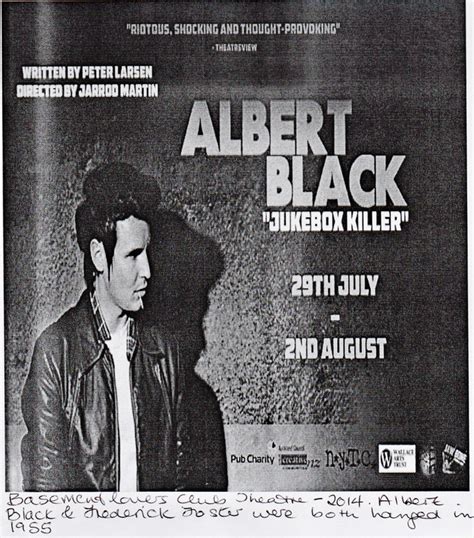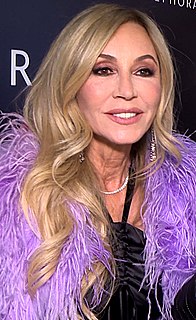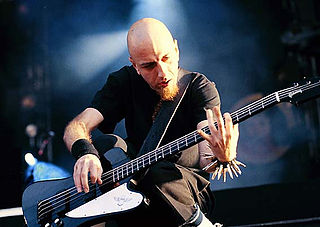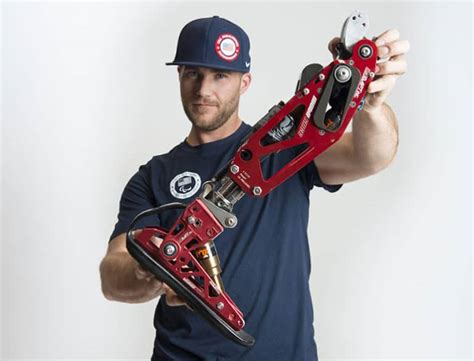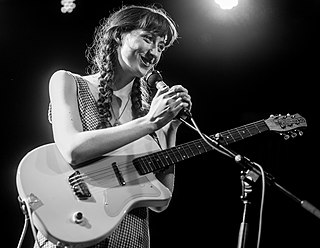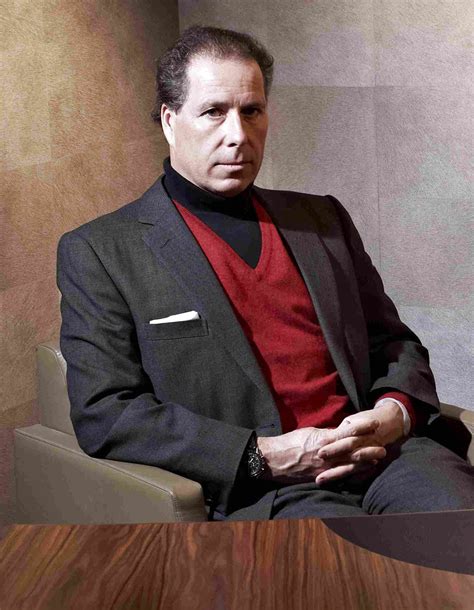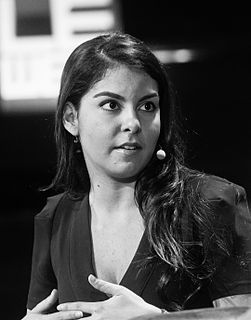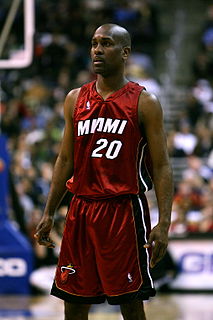A Quote by Fred Foster
I started designing and getting into cutting and sewing, I also started learning how to do patterns and tech packs. From there I transitioned from challenging myself to make T-shirts to starting to make custom pieces for celebrities.
Related Quotes
I would go with my husband to the tailors where he gets his shirts made, and I would watch the bespoke process. I would ask them, "Would you be able to make that for me?" And they would always say, "Well, yes, but no." They were very French about it. I decided I would just do it for myself. And I started doing that. Then other people would notice, and want it. So I started doing things for friends, little pieces, and my own line grew that way.
The print magazine and print journalism industry is obviously in a great deal of trouble, and one of the things that happened when this business started to give way to the Internet and to broadcast television is that a lot of organizations started cutting specifically investigative journalism and they also started cutting fact-checkers.
I started studying herbalism and edible plants that existed in the wild. And then I realized, "Okay, cool. I know how to make a fire with sticks and I know how to build a shelter, but I live 90 percent of my life in an urban environment, so these skills aren't really going to help me because there aren't trees that grow in Los Angeles that I can just take a branch and make fire out of, because that wood isn't conducive for that. So I started learning urban survival skills.
I started writing when I was around 6. I say 'writing,' but it was really just making up stuff! I started writing and doing my own thing. I didn't really know what a demo was or anything like that, so I started getting interested in studio gear and started learning about one instrument at a time. My first instrument was an accordion.
Back home, if you get scored on, you're the weak link. When I started getting good, they were like, 'If you're going to play on our team when we go play pick-up, and you start getting scored on, we're not going to let you play anymore.' I started learning how to help other people out with my defense.
It's good for people to be able to see an archive of an artist learning how to write and getting better, especially for teenagers who are starting to write: to see that I started out making pretty easy and weird and bad-sounding music and that you can teach yourself how to write over a long period of time.
I started off by doing everything myself, driving the truck, going to the woodshop, buying the wood, designing the furniture, cutting it out, making it myself, finishing it, polishing it, and delivering it, and writing the invoice and writing the letters, doing the books, doing the telephone bill and everything else like that.
